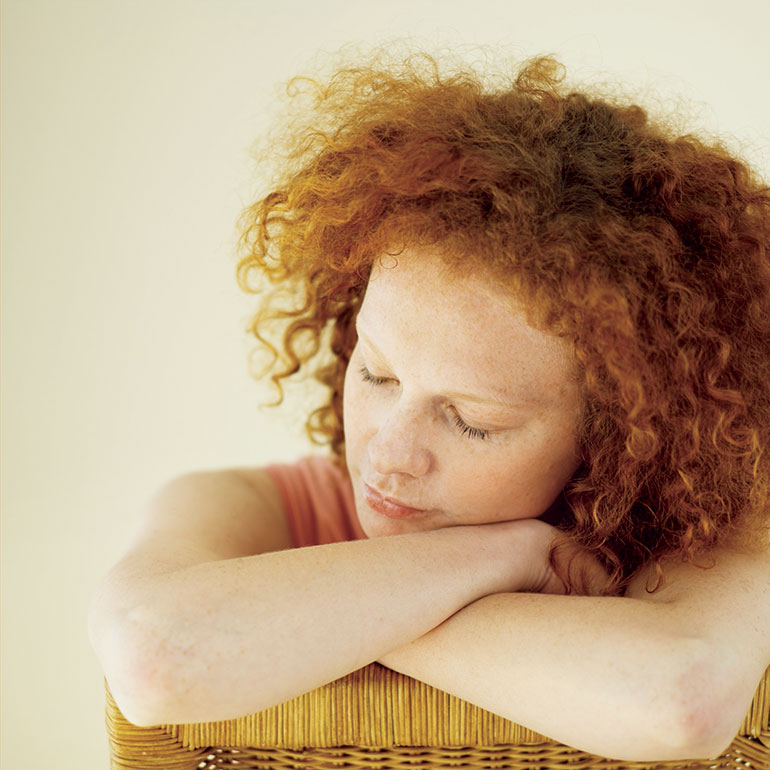Even birth mothers who feel certain about their adoption plans are sometimes surprised by the intensity — and complexity — of their feelings after their baby is born. They may feel a surge of connection to him, as well as pride, sadness, and grief. As Holly Holleran, a 22-year-old birth mother, says: “The months after my son was born were a roller coaster. I was in such denial before the birth. But as soon as I saw my child, I realized he was a real, beautiful boy — and it became a lot more emotional for me.”
Learning to Move On
Parents in open adoptions sometimes find themselves in a whirlwind of emotions, too. As their baby is placed in their arms, they may feel joyful — and overwhelmed — at the prospect of becoming parents. But they may wonder how to relate sensitively to the birth mother’s needs, while adjusting to their new role and responsibilities.
Birth parent grief is a common occurrence — birth mothers especially need to grieve the loss of their baby. Adoptive parents who experienced the grief of infertility may use that experience to empathize with their baby’s birth mother. One mother told her child’s birth mother at the delivery, “I am sorry you are going through so much pain. I wish I could go through labor for you.”
Shortly after the birth, a birth parent may go through a period of numbness before the intensity of grief kicks in. At some point — often when a baby is between six months and two years old — she may withdraw from the adoptive parents because of her grief, or because she is not sure whether she is still welcome.
While your focus will, understandably, be on the baby, it’s important to send your child’s birth mother a “thinking of you” note, baby pictures, or a report of the baby’s milestones during this time. This can help her feel cared about and can reassure her that the baby is doing well. Many birth parents say that such gestures helped them through the grieving process. As one birth mother says, “I feel so good when I see what a beautiful life I gave him.”
Following a period of emotional chaos and grief, most birth mothers reach a level of acceptance in their lives. As your child’s birth mother becomes more at peace with her decision, she may gain renewed energy for her current life, and more clarity about her role as a birth parent and her relationship to you.
During the first two years, birth mothers appreciate your letters, pictures, and visits. While each contact may reawaken some of her feelings of loss, most birth mothers report that these contacts help them to move on from the sadness and be more productive in their lives.

